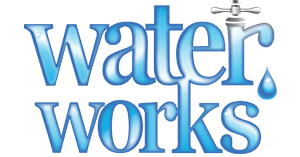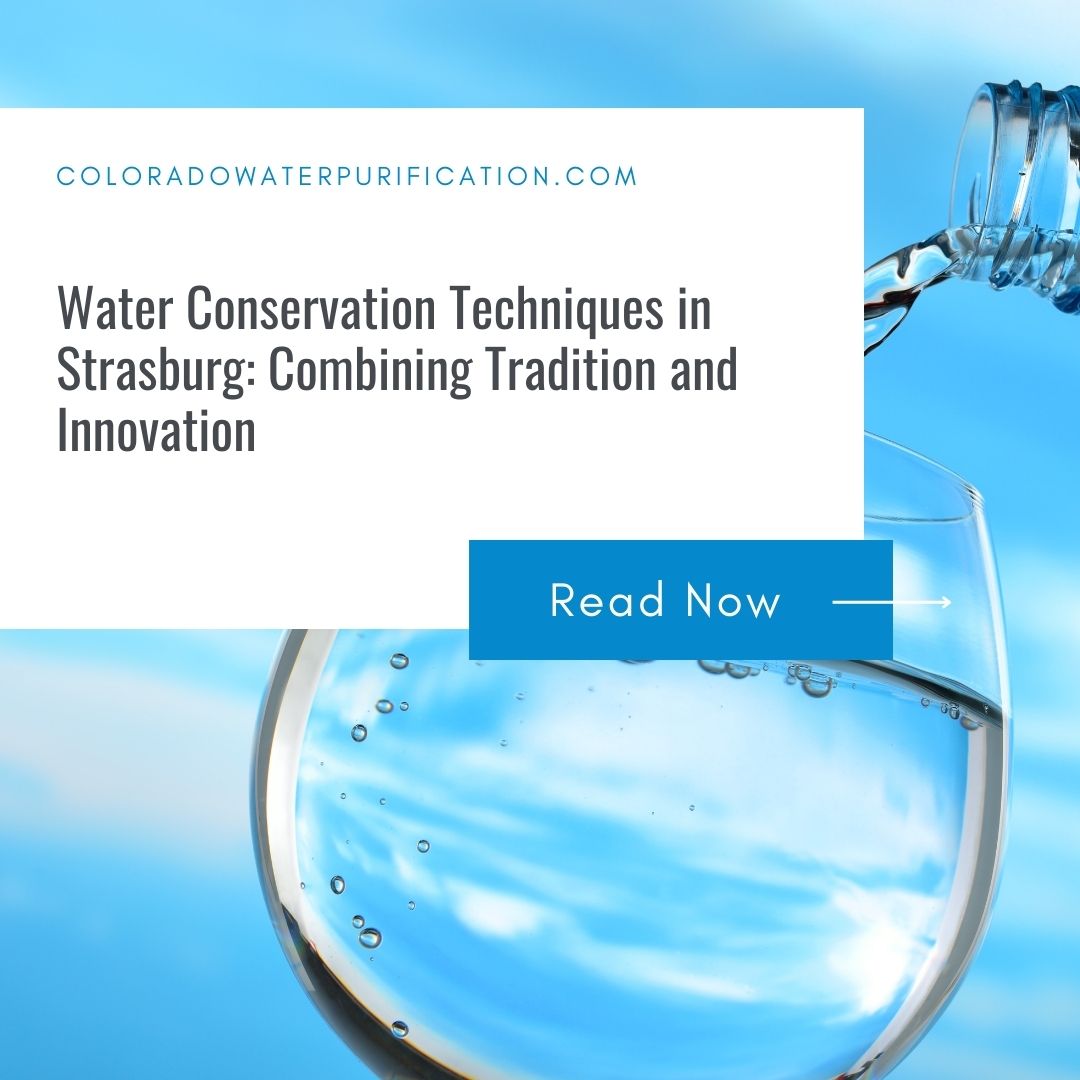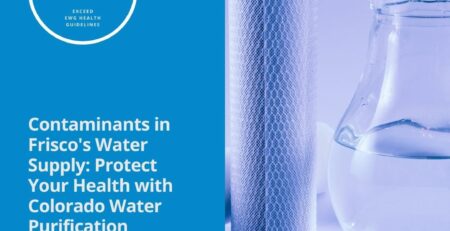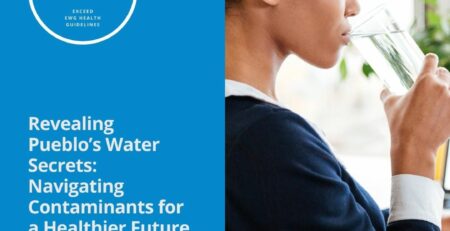Water Conservation Techniques in Strasburg: Combining Tradition and Innovation
Bridging the Old and the New for Sustainable Water Use
In the heart of Colorado, the town of Strasburg stands as a beacon of how tradition can harmoniously blend with innovation, especially when it comes to water conservation. Strasburg, with its deep agricultural roots and growing community, has become a model for sustainable water use. This blog post explores the unique ways in which Strasburg is combining traditional practices with modern techniques to conserve water.
Understanding Strasburg’s Water Scenario
Strasburg’s water conservation needs are shaped by its geographical and climatic conditions. Being in a region that experiences periodic droughts, efficient water use is not just a choice but a necessity for its residents. The agricultural sector, a significant part of Strasburg’s economy, also plays a crucial role in water usage patterns.
Traditional Water Conservation Practices
The community of Strasburg has long embraced traditional methods of water conservation, which include:
- Rainwater Harvesting: This age-old practice involves collecting and storing rainwater for later use. It’s a simple yet effective way to supplement water supply, especially for gardening and agricultural purposes.
- Drought-Tolerant Crops: Farmers in Strasburg have historically grown crops that are well-suited to the region’s semi-arid climate, thereby reducing the need for extensive irrigation.
- Terracing and Contour Plowing: These methods reduce runoff and increase water infiltration into the soil, thus conserving water in agricultural practices.
Innovative Water Conservation Techniques
Complementing these traditional methods are modern, innovative techniques that Strasburg has adopted:
- Smart Irrigation Systems: Utilizing technology like soil moisture sensors and weather-based controllers, these systems ensure that water is only used when necessary and in optimal amounts.
- Greywater Recycling: Recycling greywater – the relatively clean waste water from baths, sinks, washing machines, and other kitchen appliances – for non-potable uses significantly reduces the demand on the water supply.
- Community Education and Involvement: Modern communication channels are being used to educate the community about water conservation, encouraging practices like fixing leaks promptly and using water-efficient appliances.
Success Stories from Strasburg
The synergy of traditional and modern water conservation methods in Strasburg has led to several success stories:
- Reduced Water Consumption: The town has seen a noticeable decrease in water usage per capita, thanks to the combined effects of traditional and modern conservation techniques.
- Sustainable Agriculture: Farmers have reported higher crop yields with lower water usage, exemplifying sustainable agricultural practices.
- Community Engagement: There’s been a growing sense of community around water conservation, with residents actively participating in educational programs and adopting water-saving practices.
Future Directions for Water Conservation in Strasburg
Looking ahead, Strasburg is focused on:
- Continued Innovation: Staying abreast of and implementing new water conservation technologies and practices.
- Balancing Growth and Sustainability: Ensuring that as the community grows, sustainable water use remains a priority.
- Expanding Community Programs: Furthering educational initiatives to involve more residents in water conservation efforts.
Strasburg’s approach to water conservation, blending traditional wisdom with modern innovation, offers a compelling blueprint for other communities. By respecting its historical practices while embracing new technologies, Strasburg is not just conserving water; it’s preserving a way of life for future generations, ensuring that the town continues to flourish sustainably.










